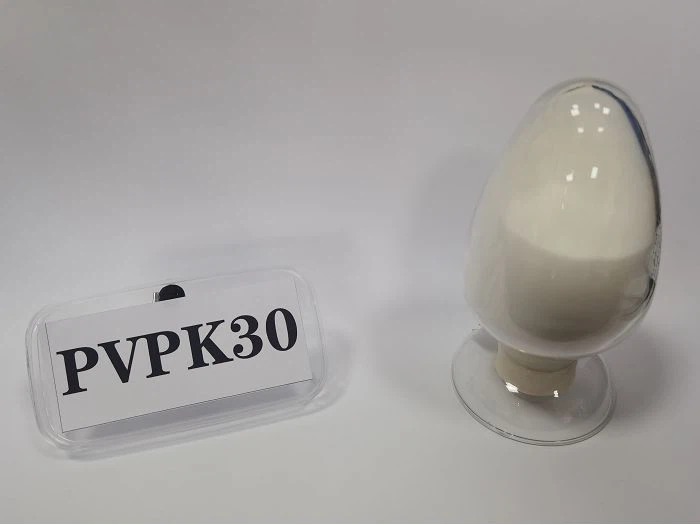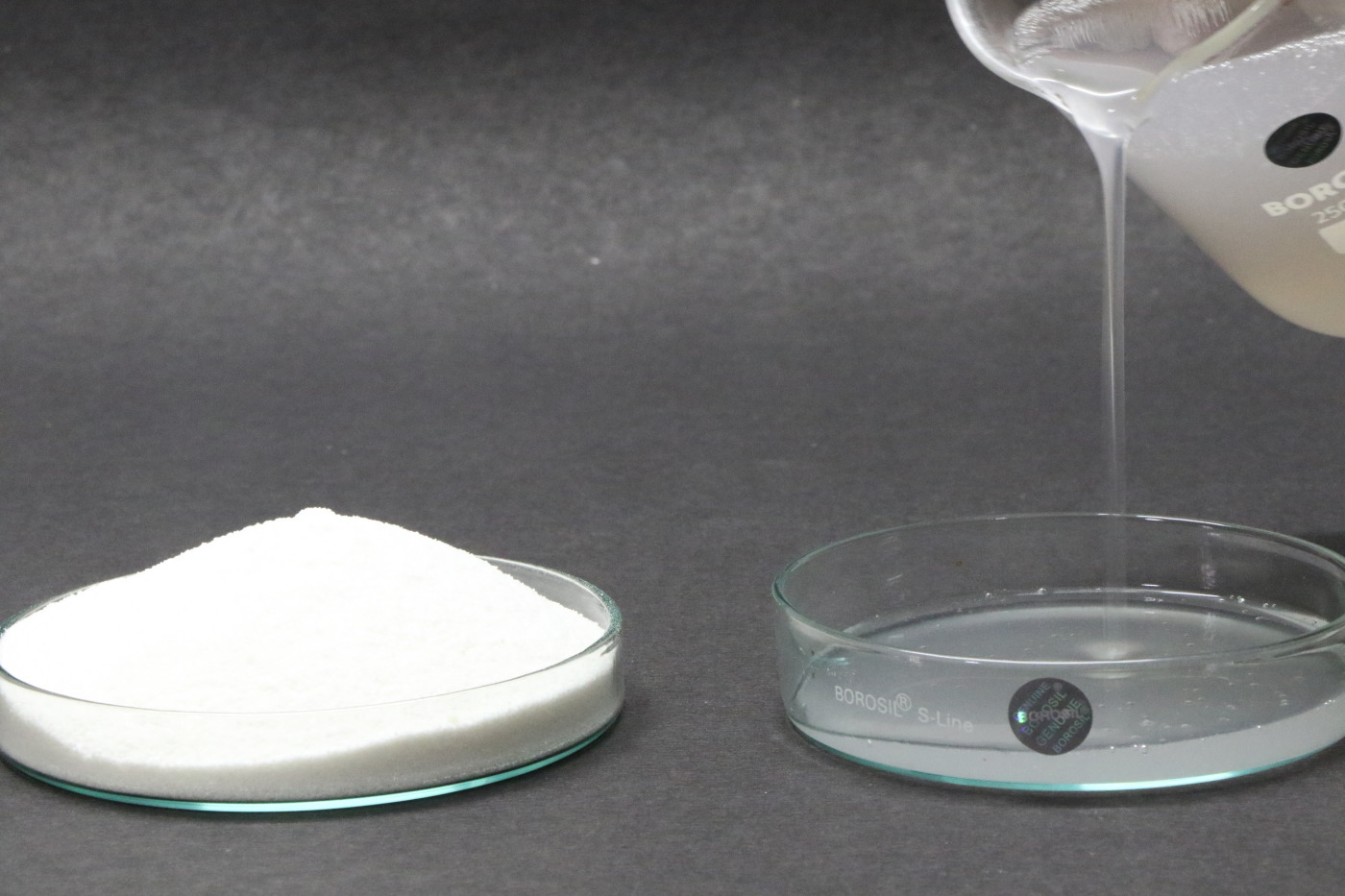Co-processed excipients are mixtures of different excipients that are physically treated to change their physical structure without causing any chemical change. The outstanding advantage offered is the ability to reduce formulation complexity and increase functionality compared to the individual combination and especially the requirements for analytical testing, material handling, and warehousing as well as other requirements. Documentation requirements are also reduced. They possess unique functionality that cannot be achieved through simple matching and is increasingly important for solving recipe problems posed by very complex APIs under developmen.
Evolution
The benefits of using co-processed excipients are increased when multiple excipients can be processed. Initially, most co-processed more than two excipients, but as the number of excipients is increasing, the main trend in co-processed excipients development is to reduce the number of individual excipients used in the formulation, concentrating on improving the properties of solid oral dosage forms using a single co-processing excipient. This trend is especially true for excipients co-treated in oral dispersible (ODT) tablets.
Many companies are launching co-processed excipients targeting this segment that incorporate several excipients as ODT formulations require high excipient quantities and are often formed by direct stamping. The co-processed excipients can not only provide good flow, compressibility, and rapid decay but also have a pleasant odor and are grit-free. Co-processed excipients are also increasingly used to convert more complex, labor-intensive formulation processes such as wet granulation into faster direct compression processes without compromising quality or efficiency—the yield of the final product.
All-in-one solutions
With a co-processed excipient, instead of multiple API feeders, adhesives, fillers, disintegrating, and smooth excipients, only two sets are needed for API and co-processed excipient, creating a simple process. In addition, as co-processing excipients reduce mix variability, they can contribute to reduced sampling and analytical errors. Co-processed excipients are less sensitive to mixing, and due to their multi-component nature, the mixture has a lower intrinsic variability.
Limitation
Since the individual components in the co-processed excipients do not undergo any chemical change, there are several other challenges facing the development of new co-processing solutions. Co-processed excipients have fixed ratios of different ingredients and as a result, they may not be as widely applicable as simple excipient mixtures.
Raw material costs and supply security: Due to the unique manufacturing process, so there is a difference in cost compared to individual excipients and excipients are usually only available from one supplier, which may increase supply chain risk.
However, the biggest challenge to the adoption of co-processed excipients is the regulatory issue, companies are still hesitant to use these ‘novel’ excipients because many co-processed excipients do not have formal monographs available, limiting their widespread application in medicinal products. Therefore, regulatory authorities may require additional data to support the safety and effectiveness of these ingredients.
Growth potential
Pharmaceutical companies have realized that they cannot develop drugs by using traditional excipients. Excipient manufacturers have applied strict quality control and production processes to ensure production. There is also substantial regulatory support provided with the Class IV drug master profile (DMF) and well-documented analytical procedures, the new FDA testing program for evaluation, and approval of new excipients before they are used in a drug profile. All of these factors have significantly increased the acceptance and use of co-processed excipients by the pharmaceutical industry, leading to their increasing use in FDA-approved formulations.
REFERENCE:
Development of Coprocessed Excipients – PharmTech




